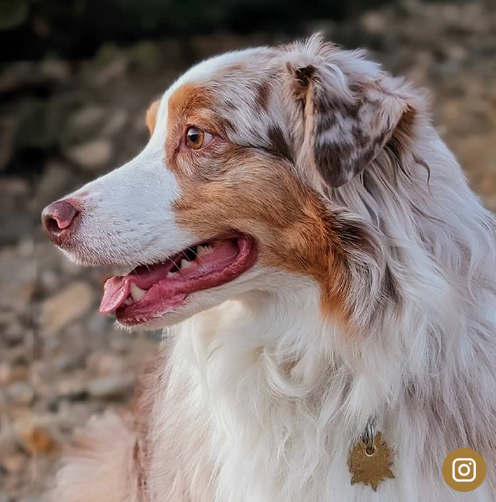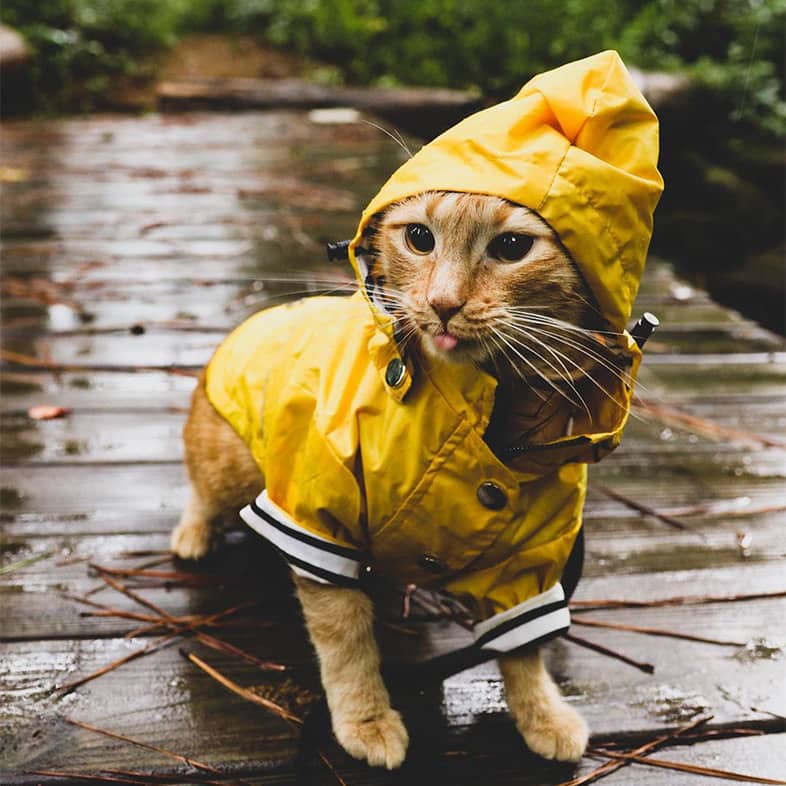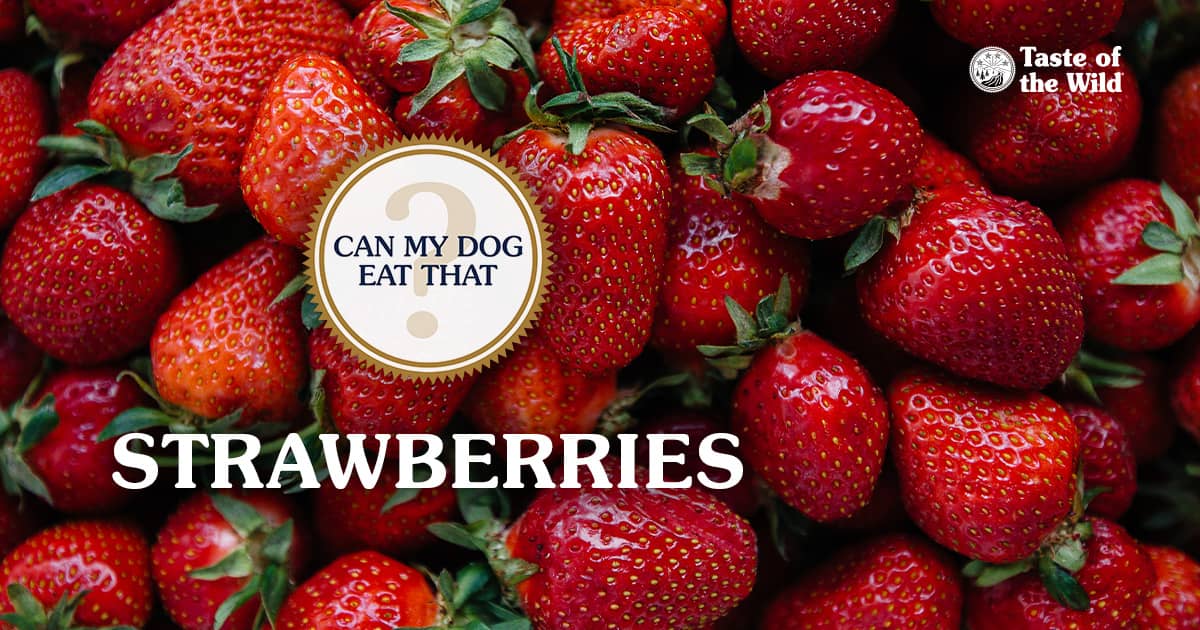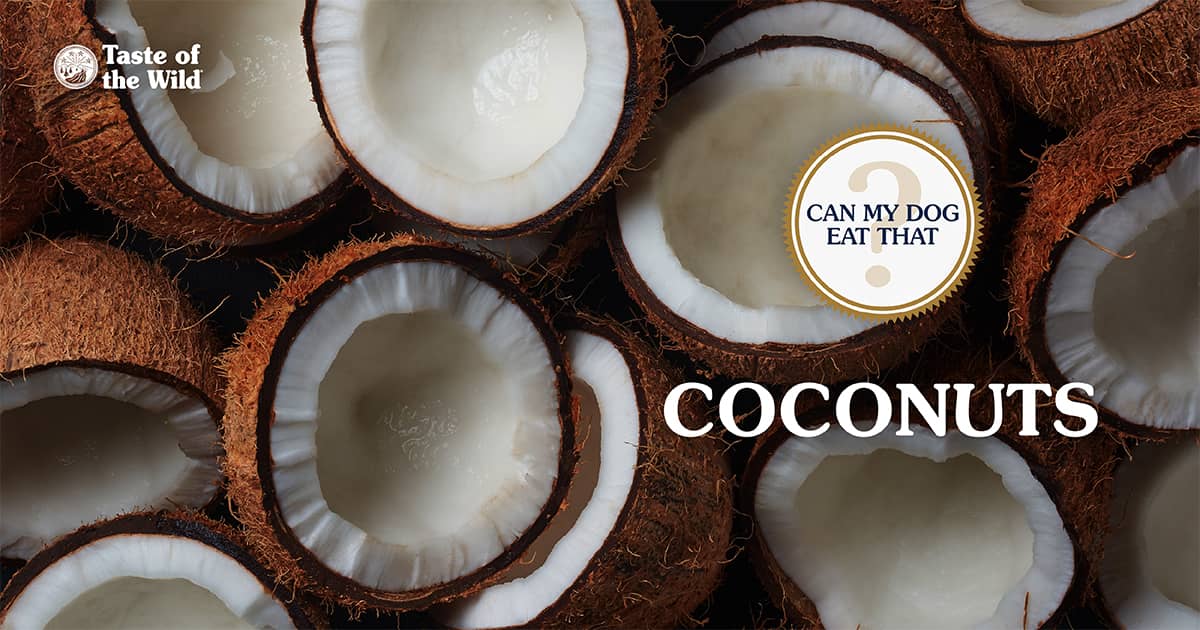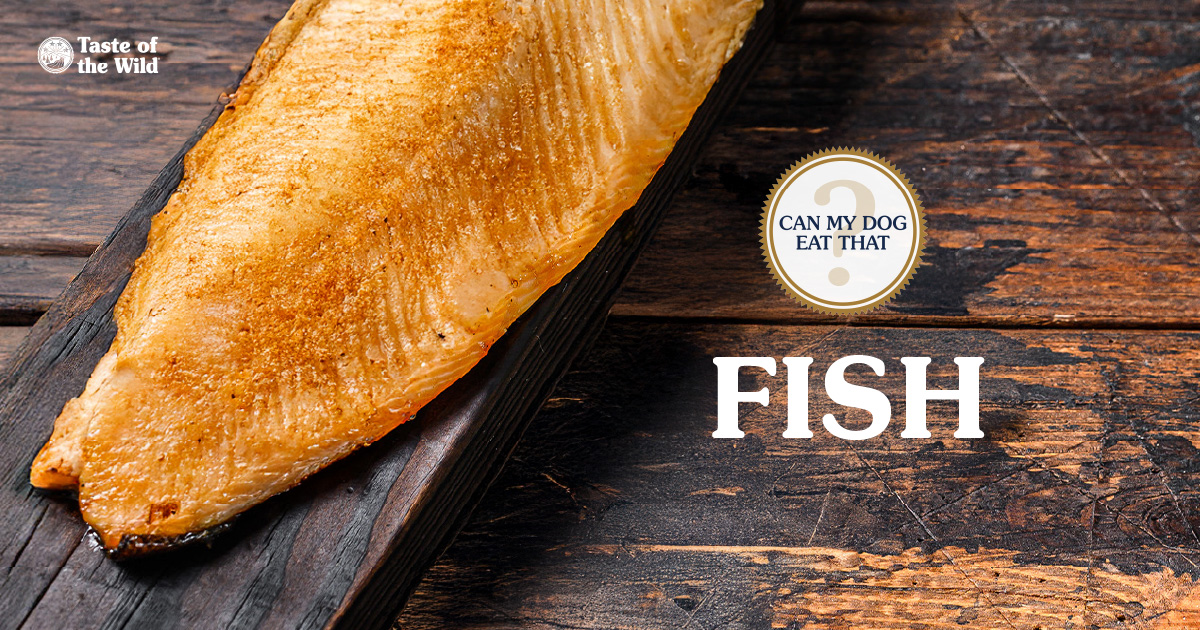Can My Dog Eat That? Watermelon
Thursday, May 4, 2023 | Can My Dog Eat That
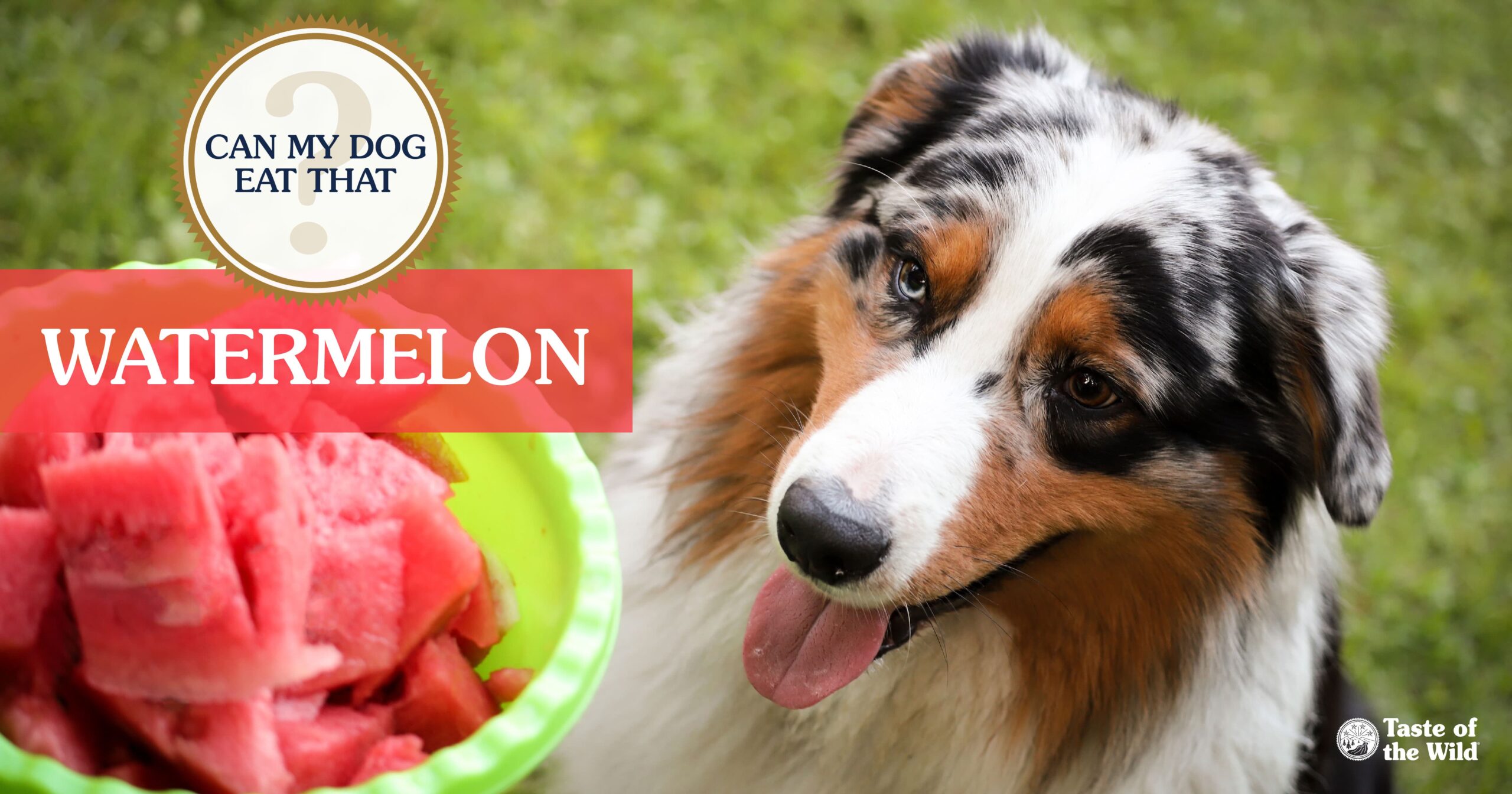
Welcome to “Can My Dog Eat That?,” our series that answers some obvious (and not-so-obvious) questions about what your dog can and can’t safely eat. Today we answer the question: “Can dogs eat watermelon?” Read on!
You’re having a picnic with your canine buddy and enjoying a warm, sunny day with some blueberries or peaches and a slice of juicy watermelon. But you’re not the only one who wants some of that yummy watermelon deliciousness. Those big puppy-dog eyes are getting harder and harder to resist. Which raises the question, can dogs eat watermelon?
They sure can — as long as you prepare it appropriately. If you’ve carved up the watermelon into wedges, it may be tempting to throw your dog a slice, rind and all. But the rind can cause an upset tummy in dogs and it’s also a potential choking hazard. It’s best to cut the rind off and slice the watermelon into chunks before giving it to your dog. You should also take any seeds out because they can block your dog’s digestive system.
Watermelon Is a Cool Treat
Watermelon is a healthy treat for most dogs (when it’s free of seeds and rind). It has low calories, no fat and no cholesterol. Plus, its high water content makes it a tasty way to help keep your dog hydrated on a hot day. If your dog is a fan of frozen treats, you can freeze some watermelon puree into bite-sized chunks for them.
As always, limit the amount of treats (including watermelon) to no more than 10 percent of your dog’s recommended daily calorie intake. And avoid canned or syruped watermelon that contains artificial sweeteners (like xylitol) that are toxic to dogs.
So go ahead and surrender a chunk of juicy watermelon to those puppy-dog eyes and enjoy the rest of your picnic in peace — until they want some more.

RELATED POST: Can My Dog Eat That: A Guide by Taste of the Wild
The information in this blog has been developed with our veterinarian and is designed to help educate pet parents. If you have questions or concerns about your pet’s health or nutrition, please talk with your veterinarian.
